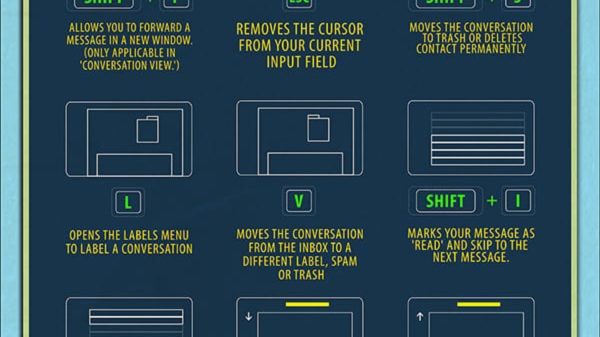What is a Clinical Medical Assistant?
You may have heard of medical assistants and how important they are to the healthcare industry. Medical assistants aid physicians in a number of different specialized roles. Among these roles are clinical medical assistants. A clinical medical assistant performs both administrative and clinical tasks to help doctors run their offices and clinics. They can be found providing aid to a wide variety of medical professionals including physicians, podiatrists optometrists, chiropractors and more. Clinical medical assistants often specialize in varying types of medical offices because the skills required may vary from practice to practice.
What Are the Responsibilities of a Clinical Medical Assistant?
Clinical medical assistants are a truly versatile and essential part of every medical practice. Their duties differ from typical medical assistants because of their responsibilities. Medical assistants routinely help physicians with examinations, injections, scheduling appointments, and preparing blood work for laboratory results. Medical assistants are also required to take and record patient information. As medical technology improves, more and more clinics are converting their records to electronic health records, making it a requirement for medical assistants to be familiar with the EHR software available. Medical assistant can also be called upon to handle insurance claims, bookkeeping, as well as billing statements. In addition to these duties, a clinical medical assistant will be called upon to perform basic laboratory tests, sterilize medical instruments, and disposing of contaminated supplies. Depending on the state’s laws and the medical practice, a clinical medical assistant’s responsibilities will vary.
What Are Some Characteristics of a Successful Clinical Medical Assistant?
One of the first and foremost attributes of a successful Clinical Medical Assistants is excellent bedside manner—the ability to show compassion while being professional. Clinical medical assistants meet people from differing backgrounds on a regular basis. These people are often frustrated, ill, or under high amounts of stress. A good medical assistant will be able to demonstrate compassion while maintaining professional calm. This is often exhibited by being able to get the job done while giving comfort to patients. Additionally successful medical clinical medical assistants are able to communicate effectively. Because their responsibilities involve acting on specific guidance and instructions given to them by their physicians, medical assistants need to be able to pay attention to information and relay it quickly. On top of this, a good medical assistant has the ability to organize. Since some of a medical assistant’s duties are administrative in nature (dealing with patient records, scheduling appointments) an effective medical assistant will be able to juggle multiple assignments at the same time.
What Are the Educational Requirements of a Clinical Medical Assistant?
Because of the requirements of HIPAA on the training of clinical medical assistants, potential clinical medical assistants are required to receive training from properly accredited programs. These programs can be found at community colleges, universities as well as online in certificate programs or two-year associate’s degrees—the key is to make sure that the program is properly accredited.
The American Association of Medical Assistants (AAMA) is the gold standard in accreditation of certified medical assistants and is sometimes required by employers. During the course of training a clinical medical assistant, candidates will receive an education on a number of different topics including human anatomy, pathology, medical terminology, keyboarding and computer applications, recordkeeping and accounting, laboratory techniques, pharmacology and more. Upon completion of the program, candidates may then apply for an exam with the AAMA to earn their CMA certification.
Keep in mind that certification is not the end of the educational journey. Clinical medical assistants are required to recertify every 60 months through examination or continuing education.

















